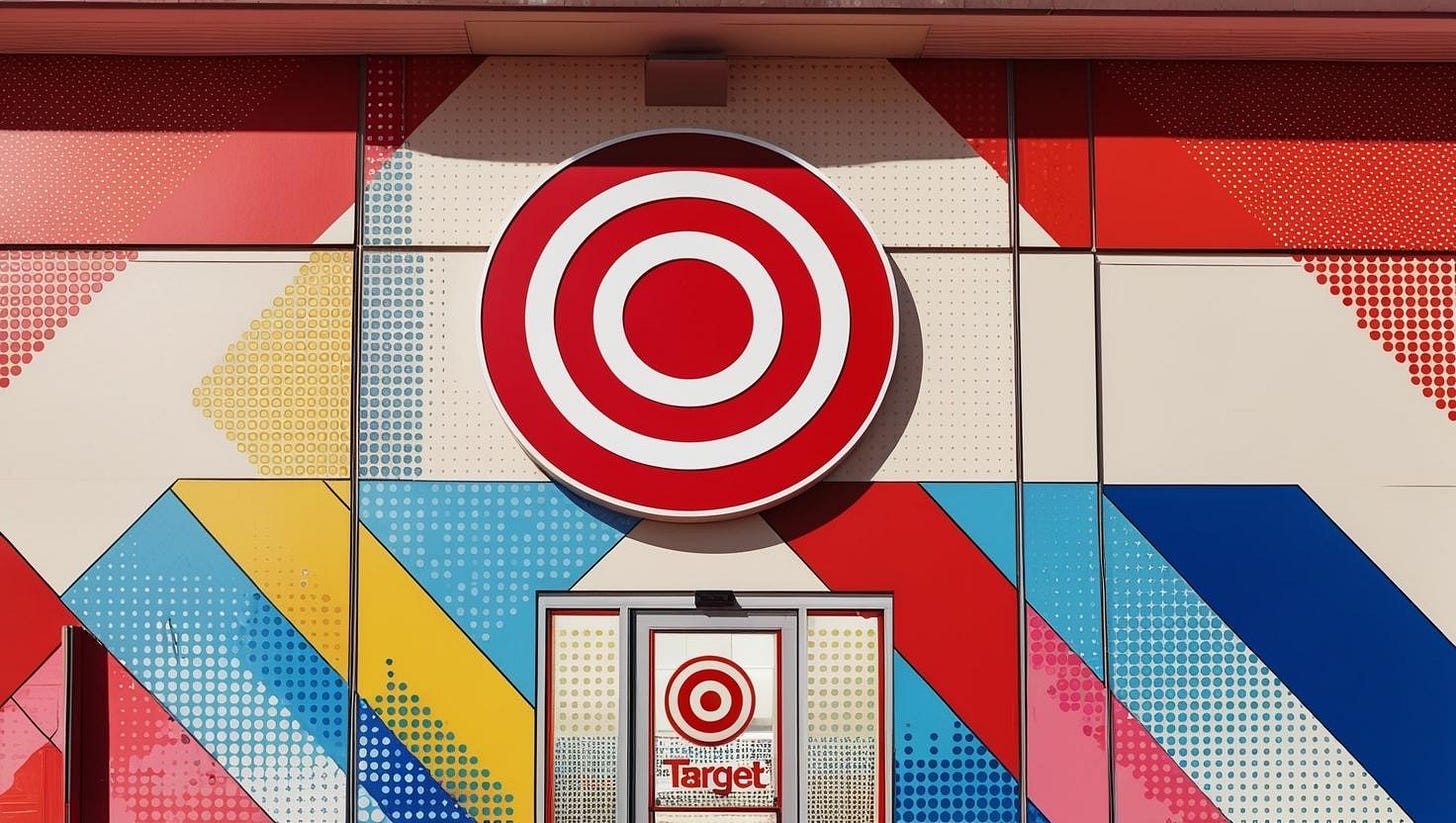Target’s DEI Rollback: What It Means for Black-Owned Businesses
Listening to Black Women
By now, you may have heard that Target is rolling back its Diversity, Equity, and Inclusion (DEI) initiatives following backlash over its 2023 Pride merchandise and a lawsuit from investors claiming financial losses. The company has decided to quietly step away from commitments to increasing Black employee representation and reevaluating corporate partnerships—moves that have real consequences for Black-owned businesses that sell in Target stores.
The Illusion of Inclusion
For years, companies like Target have marketed DEI as a core value, especially in the wake of the George Floyd protests, when corporations scrambled to show solidarity with Black communities. Many of us saw a wave of Black-owned brands entering Target’s shelves, from beauty and haircare to home goods and clothing. But as with many corporate diversity initiatives, it appears the commitment was only skin-deep—more about optics than real systemic change.
Now, with pressure from conservative backlash and investor concerns, Target is pivoting. The DEI rollback is a clear signal: when faced with financial risk, corporations will deprioritize diversity. The question Black entrepreneurs and consumers must ask is, What happens to all the Black-owned businesses that were brought in under these initiatives?
Will Black-Owned Brands Survive the Shift?
Black-owned businesses have long faced barriers to entry in major retail spaces. DEI programs—however flawed—at least provided some measure of access. With Target walking back these commitments, there’s a real concern that Black brands could be quietly phased out in favor of “safer,” more universally palatable (read: white-owned) alternatives.
Historically, when corporate diversity programs end, funding dries up, shelf space disappears, and Black entrepreneurs lose the partnerships they worked so hard to secure. If Target is no longer prioritizing these initiatives, will Black-owned brands be the first to go when they reassess vendor relationships? Will the contracts once secured under DEI programs be renewed, or will they be quietly ended as the company shifts focus?
What This Means for Black Consumers
For Black shoppers who have supported Target because of its inclusion of Black-owned brands, this is a wake-up call. It’s a reminder that supporting Black businesses requires more than just shopping where they are available—it requires actively seeking out and sustaining those businesses regardless of corporate whims.
If Target reduces its commitment to Black brands, we must shift our focus toward direct-to-consumer support, shopping from Black businesses via their own platforms, and holding corporations accountable for the promises they made when it was profitable to do so.
Moving Forward
This rollback is part of a larger pattern we’ve seen before: companies embracing diversity when it benefits them and abandoning it when it doesn’t. Black entrepreneurs who have relied on Target must start preparing now—expanding direct sales, diversifying retail partnerships, and ensuring that their businesses can survive outside of corporate DEI initiatives.
For Black consumers, this is a moment to reevaluate where we spend our money and how we support the businesses we love. Because if history has taught us anything, it’s that corporate diversity is only as strong as the pressure behind it.
What do you think? Will you continue shopping at Target? How can we better support Black-owned brands moving forward? Let’s talk in the comments.





